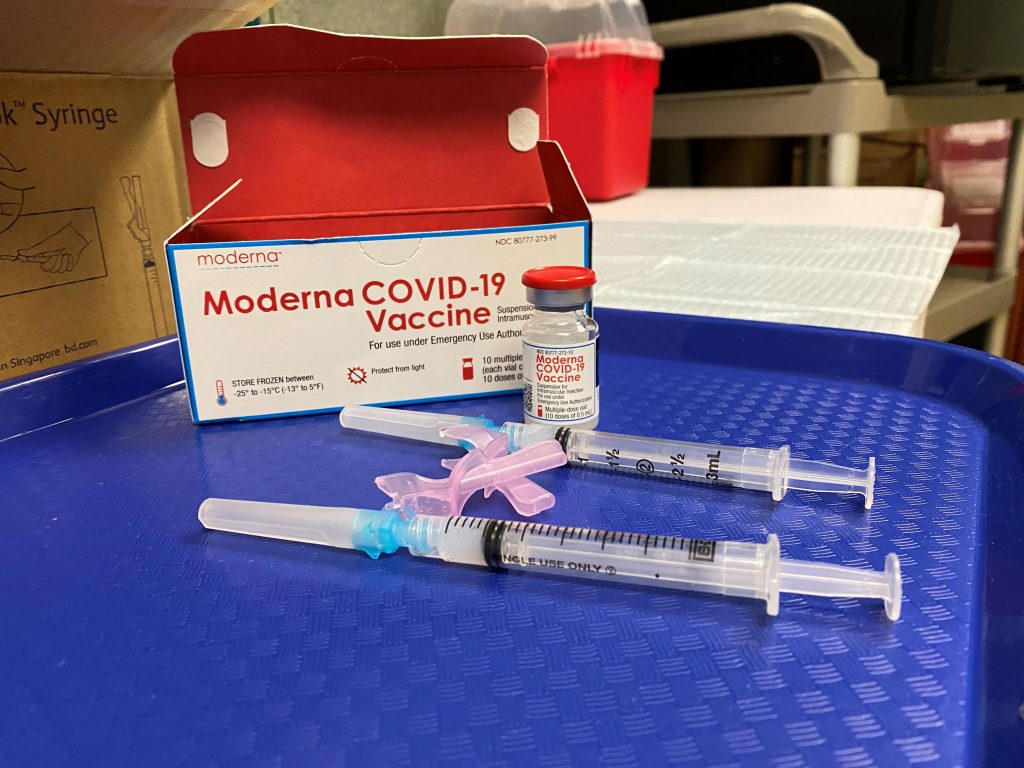The American Heart Association has published a corrected version of a controversial meeting abstract which claimed to show that Covid-19 vaccinations “dramatically” increased a person’s risk for serious heart problems.
The study was the work of Stephen Gundry, a cardiac surgeon who now sells dietary supplements of questionable efficacy on his website. Gundry also sees patients at the Center for Restorative Medicine and International Heart & Lung Institute in California and offers advice on YouTube.
Gundry submitted the abstract, titled “Mrna COVID Vaccines Dramatically Increase Endothelial Inflammatory Markers and ACS Risk as Measured by the PULS Cardiac Test: a Warning,” to the AHA’s 2021 scientific meeting, which apparently accepted it without much, if any, review.
At the end of November, after fielding complaints about the study, the AHA issued an expression of concern for the abstract, which was riddled with spelling errors – including calling the PULS test the “PLUS” test in the first sentence, where any reader could immediately spot the mistake – and other problems:
Specifically, there are several typographical errors, there is no data in the abstract regarding myocardial T-cell infiltration, there are no statistical analyses for significance provided, and the author is not clear that only anecdotal data was used.
The amended abstract has the much less alarming title “Observational Findings of PULS Cardiac Test Findings for Inflammatory Markers in Patients Receiving mRNA Vaccines.”
The conclusion’s also weaker. From the original:
We conclude that the mRNA vacs dramatically increase inflammation on the endothelium and T cell infiltration of cardiac muscle and may account for the observations of increased thrombosis, cardiomyopathy, and other vascular events following vaccination.
From the corrected version:
… the mRNA vacs numerically increase (but not statistically tested) the markers IL-16, Fas, and HGF, all markers previously described by others for denoting inflammation on the endothelium and T cell infiltration of cardiac muscle, in a consecutive series of a single clinic patient population receiving mRNA vaccines without a control group.
Days after issuing the expression of concern, the AHA told us that it was reviewing its procedures for how it handles abstract submissions:
The Association is currently reviewing its existing abstract submission processes in its ongoing efforts to ensure a robust, inclusive scientific exchange focused on novel ideas to improve patient outcomes and ultimately end heart disease and stroke.
The Association regrets any confusion regarding the Association’s position on COVID-19 vaccines, especially among the lay public who may be unfamiliar with scientific meetings. The American Heart Association itself has been unequivocal in its belief in and support of vaccination as the best available public health strategy to address the pandemic. The American Heart Association continues to fully support the CDC’s COVID-19 vaccination recommendations.
We took that to, um, heart, as it were. Which is why we’re a little puzzled by the following statement from a spokesperson for the society who told us, regarding the newly corrected abstract:
The American Heart Association followed standard scientific review and publishing processes including the publication of the Expression of Concern.
Plus – or perhaps we should say, PULS — ça change?
Like Retraction Watch? You can make a one-time tax-deductible contribution by PayPal or by Square, or a monthly tax-deductible donation by Paypal to support our work, follow us on Twitter, like us on Facebook, add us to your RSS reader, or subscribe to our daily digest. If you find a retraction that’s not in our database, you can let us know here. For comments or feedback, email us at [email protected].
